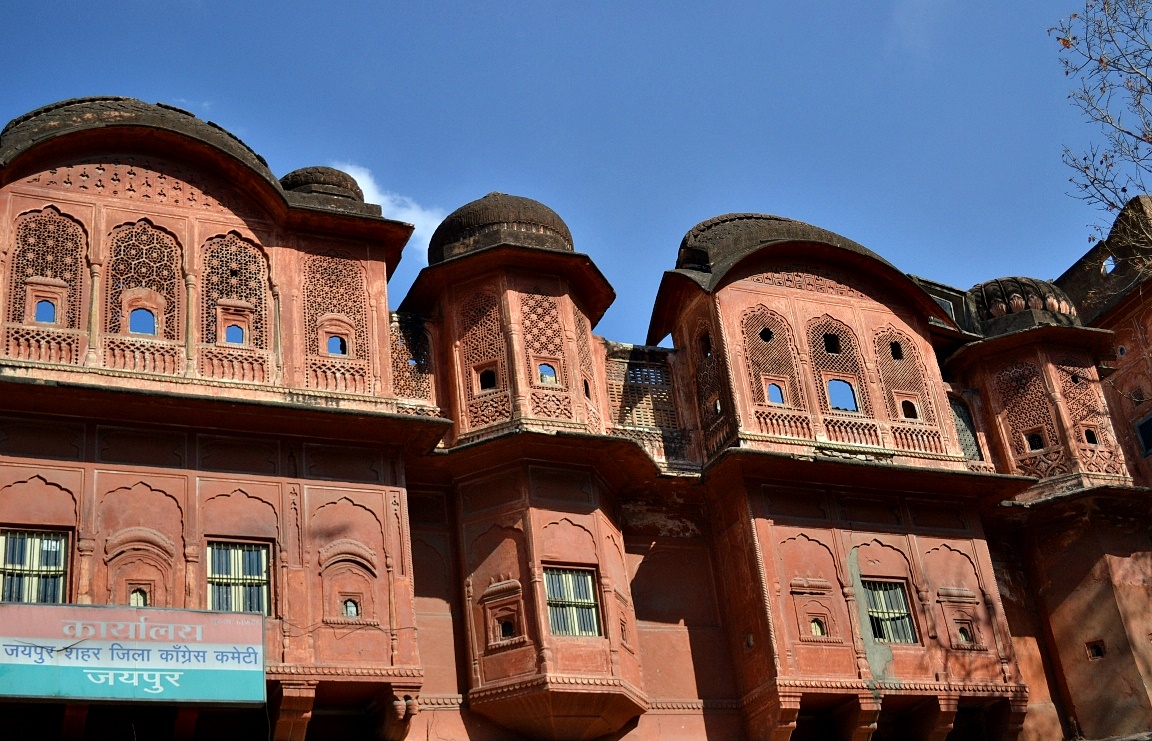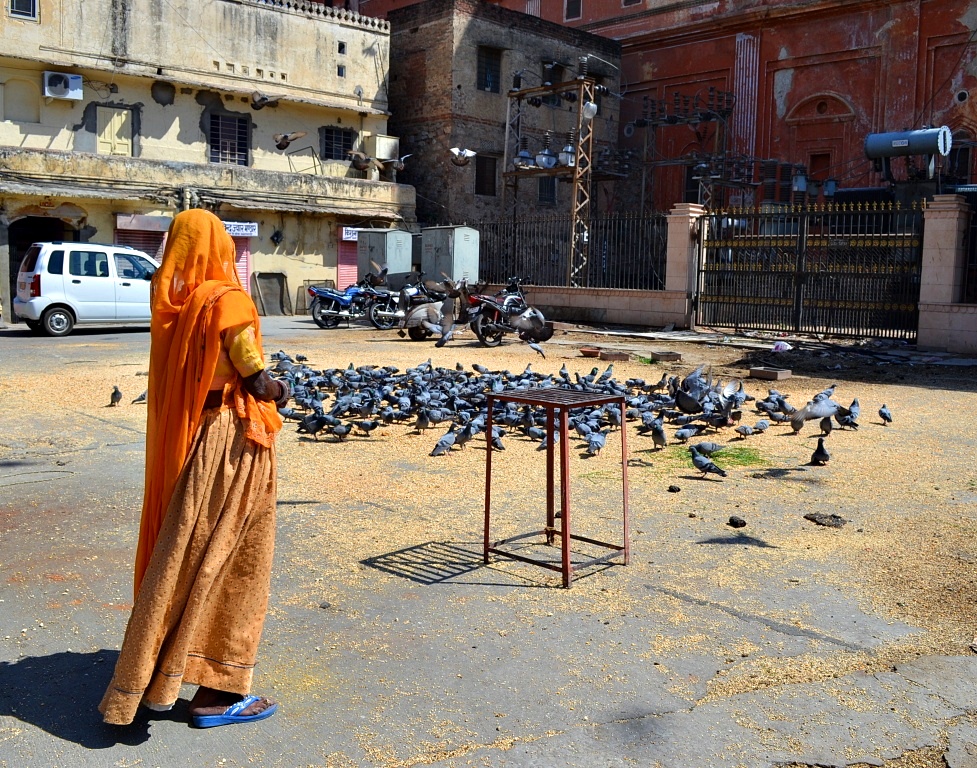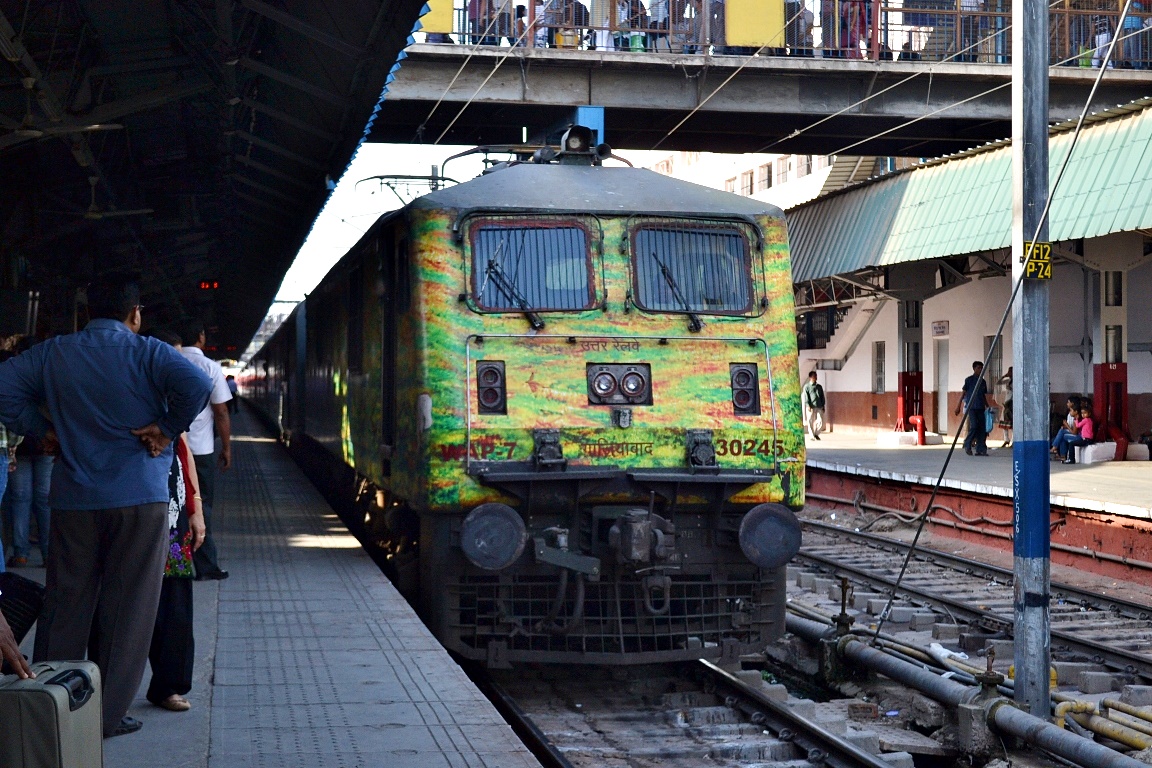India will overwhelm your senses with the grandeur of its sights, the mixture of sweet and spicy smells wafting from restaurants, the smoothest and softest pashminas, and the taste of their delicious cuisine.
However, don’t get so dazzled that you might end up falling for popular tourist scams in India. Similar to taking cheap holidays to Spain, immerse yourself in the experience but keep an eye out for the most common scams you might encounter there.
1. The Gem Scam in India
How the gem scam goes
The largest scam which can wipe out your entire life savings starts with a friendly chat. A local will come up to a solo traveler to practice his English or to simply ask why Westerners do not like talking to Indians.
The mark (i.e., you) might feel guilty and start engaging and for solo travelers, this may seem like a good chance to be friends with the locals. Once everyone gets friendly enough (which normally takes a couple of days), the scammers will bring the victim to a lavish home and talk to them about a business opportunity using the victim’s duty-free allowance.
All that the potential victim needs to do is to send a parcel of gems to a post office overseas which he himself will pick up and hand over to their representative.
What follows next is a series of coercion and kidnapping involving accomplices which will end up with the victim finally agreeing to pay for the ‘gems’ through his credit or debit card. All instances of this scam end up with victims sent off to other countries with pocket money but with their savings all gone.
How to avoid the gem scam
Scammers target solo travelers. If you can join a group of other tourists in your hostel, do so. Be always cautious of anyone being friendly and inviting you the next day for a tour of the city.
Remember that this scam is expertly orchestrated with scammers taking the time to meet and take their victims around the city for a couple of days to establish trust. Never show anyone your passport unless you are sure that you are talking to the authorities.
Trust your instincts and if you think that your new local “friend” might be a scammer, move to a different hostel and do not meet them again the next day.

2. The New Hotel Scam
How the new hotel scam in India goes
There are different versions of this scam. First, the taxi driver will pretend not to know where your hotel is and recommend a new hotel (where they get commissions).
Another version is that the driver will tell you that the hotel you’ve booked already moved, was burned down, or has been renamed under a different management.
How to avoid this scam
Once you arrive in India, get a local SIM card (make sure you get one from the official stores of Vodafone, IDEA, or Airtel). Have your hotel’s number and address ready. Call them once your taxi driver starts to tell you any of these alibis.
If you have an internet connection, check the map and tell your driver the directions in case he seems to be going around.

3. The Pens and Milk Scam
How the pens and milk scam in India goes
No one really likes to give beggars cash because you’re helping them get accustomed to the idea that it’s easy to attain money.
But what if someone asks you to follow them to buy their children’s milk or if a child tugs your hand asking you to buy her a pen? Most think that it’s okay to give beggars something, like food or clothing, as long as it’s not money.
Here’s the scam part: once you turn your back, the child or woman will return the product to the shop owner in exchange for cash.
How to avoid this scam
Ignore the beggars. It can be hard especially if you are very compassionate, but if you really want to help them, go to popular NGOs and charities in India to make sure that your money will go to the right people.
After some time in India, most travelers start being desensitized to beggars and generally any local asking for money.

Bonus: Fake Ticket or Booking Offices Scam
How this scam goes
You go out looking for a bus or train ticket booking office. The fake booking office will tell you that there are no more seats on the bus or train and you have to pay more for a seat. The outcome could either be you overpaid for a legitimate ticket or you purchased a fake one.
Another variation can happen once you are already at the train station. Someone dressed as an official will come up to you to see your ticket and will tell you that you need to purchase an additional ‘foreigner’ ticket. He will then direct you to the fake booking office outside the station.
How to avoid this scam
Buy tickets at the bus or train station. If you must book tickets early, find a popular booking office with ongoing activity.
The fake ones have no ticket counters, with only one computer (or none!), and generally looks sleazy. Research before heading out to buy tickets. Once at the station, only deal with the personnel inside the official ticket office.
Reading all the news about scams in India can be disheartening but all these could be avoided if you do your research ahead of time. If your gut tells you that something is wrong, listen and pay attention.
An India trip can easily be one of your most culturally-rich journeys so don’t let these scammers hinder you from having an adventure of a lifetime!

